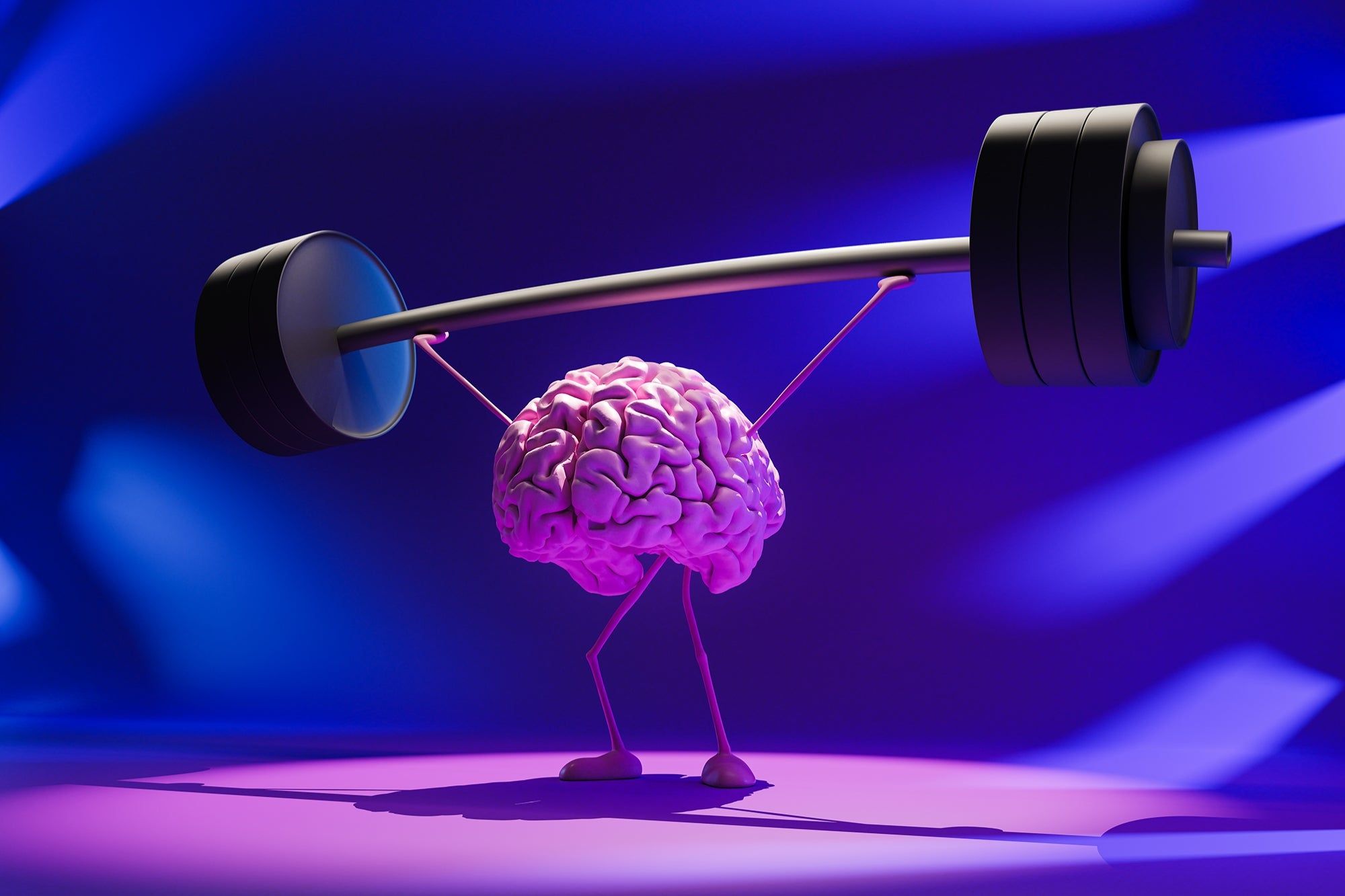Just like the rest of your body, your brain requires regular workouts. Activities such as reading, playing cards, putting together a jigsaw puzzle, and crossword puzzles are good brain exercises.
It should also be something that’s challenging and requires your attention. For instance, just because you know how to play guitar doesn’t make it a good brain exercise.
Exercise
You already know that getting enough exercise helps preserve muscle strength, maintain a healthy weight, and stave off chronic diseases. But it can also help boost your thinking and memory. The use of Modalert 200 improves confidence, focus, clarity of mind, and memory while helping your brain reach its full potential.
The best brain-boosting activities push you out of your comfort zone. So don’t play those easy online games or tackle the crossword puzzles; instead, try picking up a new skill like jigsaw puzzles, learning to play a musical instrument, or studying a foreign language.
Moderate-intensity exercise—the kind that gets your heart rate up—has been shown to improve memory and thinking in just six months. A single aerobic exercise session can also increase hippocampal volume, a brain region involved in memory and cognition.
Eat a Healthy Diet
The brain needs fuel as much as the rest of the body. A diet low in saturated fat and filled with fruits, vegetables, grains, and healthy proteins will keep the brain fueled.
Research shows that the more you use your brain, the more it expands its capacity- a process called neuroplasticity. It creates new neural pathways and re-wires existing ones- increasing the speed at which information is passed along and processed.
Be an Einstein- learn a new language, take up a hobby, read more books- anything to stretch your brain will help to unlock its full potential. Research also shows that social activity is good for the brain, so make time to see friends and get involved in your community.
Practice Meditation
Practicing meditation is an excellent way to improve cognitive ability. Studies have shown that meditation can help to increase attention span, reduce stress levels and improve memory. Otherwise, you can take Armodafinil 150 to increase attention in your work time.
While most of the research on meditation and cognition has involved more long-term training, it is also possible to reap benefits from a shorter practice. Even a brief meditation session can make your brain more efficient, allowing it to use fewer resources to perform the same tasks.
In one study, participants who listened to a 10-min meditation tape performed better on incongruent trials of a Flanker task and reduced habitual responses on an ANT. ERPs showed that a reduction in neuroticism mediated these effects.
Exercise in the Morning
A recent study found that morning exercise boosts cognition. The participants in this experiment experienced improved visual learning, attention, and decision-making on days they worked out in the morning.
Working out in the morning can also help shift your circadian rhythm. This means that you will naturally feel tired and ready for sleep at night, which can help you get better quality sleep.
However, if you are not a morning person it will take time and commitment to make exercising in the morning a habit. Start small and work up to it slowly so that you don’t burn out before you have a solid routine established.
Take Breaks
Studies show that taking purposeful breaks – anywhere from 5-60 minutes – from studying increases productivity and focus. However, it’s important that the break is productive and not social media or other distracting activities.
To get the most out of a break, choose an activity that engages a different part of your brain than the task at hand. For example, if you’re working on something that requires your logical, linguistic left brain, take a break by doing something creative or visual like drawing.
Keep Your Mind Active
If you want a healthy brain, it’s important to keep it active. This includes brain games, puzzles, and learning new skills. It’s also a good idea to have hobbies and social interactions. Studies show that people who are mentally engaged are less likely to suffer from memory loss and dementia.
Exercise increases the blood flow to the brain and helps deliver oxygen, fuel, and nutrients to those hard-working neurons. Try to get in at least 30 minutes of aerobic exercise a week.
Practice your mental acuity by doing things like completing a crossword puzzle or watching question-and-answer game shows. You can also improve spatial memory by developing a hobby such as woodwork or taking up gardening.

